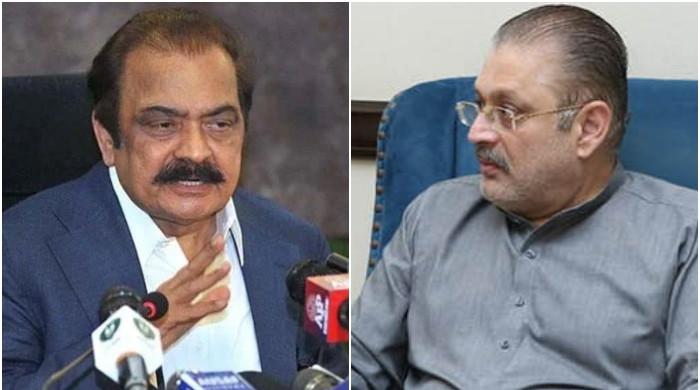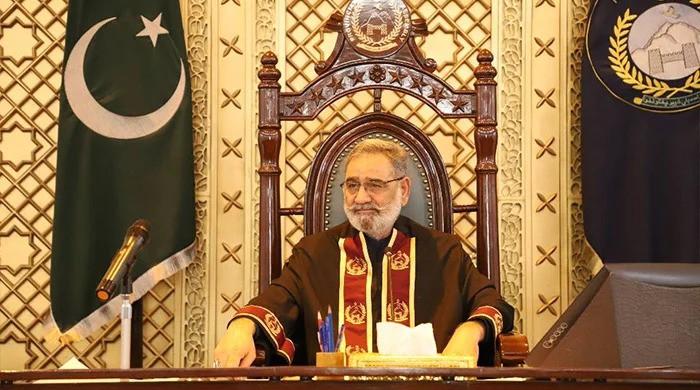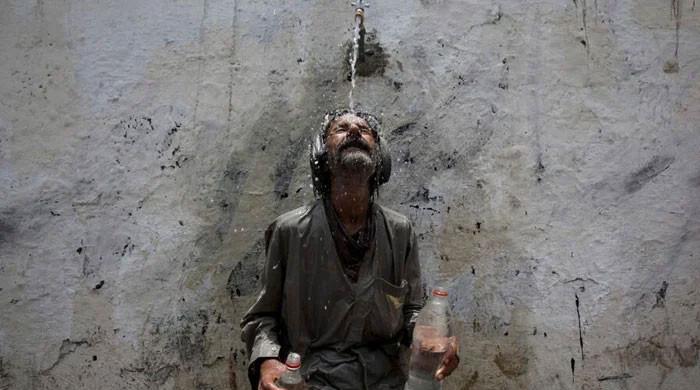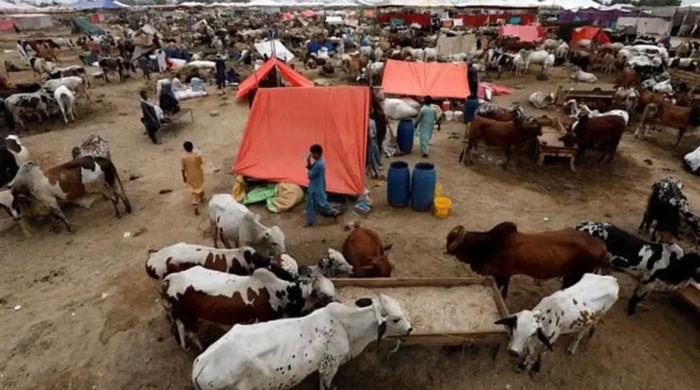Sherry Rehman says India is using water as instrument of war
ISLAMABAD: Commenting on India’s threat to abrogate the Indus Water Treaty, Vice President PPPP, Senator Sherry Rehman said, “The use of water as a weapon of war is both dangerous and...
September 27, 2016
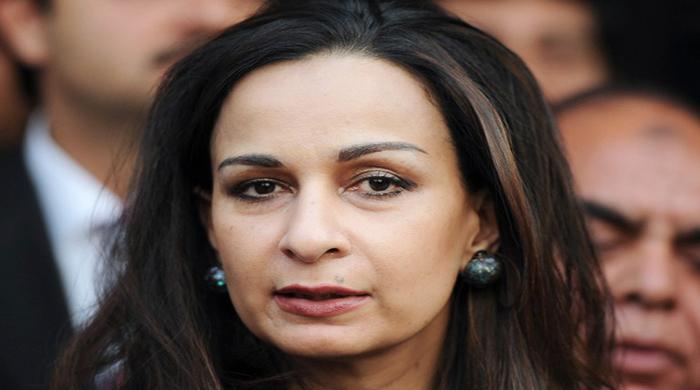
ISLAMABAD: Commenting on India’s threat to abrogate the Indus Water Treaty, Vice President PPPP, Senator Sherry Rehman said, “The use of water as a weapon of war is both dangerous and irresponsible”.
Amidst the escalating tension between India and Pakistan, India has brought up the possibility of abrogating the Indus Water Treaty to pressurize Pakistan diplomatically. The Senator termed India’s threats a “dangerous escalatory trend”.
The Indus Water Treaty, brokered by the World Bank, was signed by Prime Minister Jawaharlal Nehru and President Ayub Khan on September 19, 1960. Under the Treaty, the water from six rivers, namely Beas, Ravi, Sutlej, Indus, Chenab and Jhelum were to be shared between Pakistan and India. Indian Prime Minister Narendra Modi chaired a meeting yesterday to review the Treaty wherein he was cautioned by senior members of his security council on the consequences of walking away from the Treaty.
“Walking away from the Indus Water Treaty, which has withstood two major conflicts, would be catastrophic for both countries,” the Senator said. “If India decides to divert water from Pakistan, it could result to flooding and inflict damages not only to Pakistan but to China as well,” she added.
“Revoking the treaty signals an act of war,” the Senator said. “Is that the message that India wants to send to the world? Or to its other water-sharing neighbours such as Nepal, Bangladesh or upper riparians such as China on the waters of the Brahmaputra?” she questioned.
“A unilateral withdrawal will anyway bring the World Bank into the dispute and fuel more anxiety and conflict on the ground in the entire basin which includes Indian territory,” warned the PPPP Vice President.
Rehman reinforced that the significance of the Treaty goes well beyond Pakistan and India’s dispute. According to the Senator, interrupting the water flow of Pakistan by abrogating the Treaty “constitutes a threat to regional and international peace and security”.
“Threatening to scrap the Treaty is not a diplomatic option,” she declared.
Rehman clarified that India had no legal competence under the treaty to revoke it unilaterally let alone bring changes to it. "Both Pakistan and India would have to agree in writing and to ratify termination in writing,” she said.
“The treaty is of indefinite duration and is neither time-constrained nor event-specific. Modi's attempt to set new limits on it amount to inflammatory politics that would endanger a fundamental right for the entire region,” she added.
“This is political and strategic grandstanding at its worst, and threatens to take the region back into the dark ages," she concluded.




